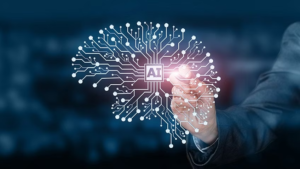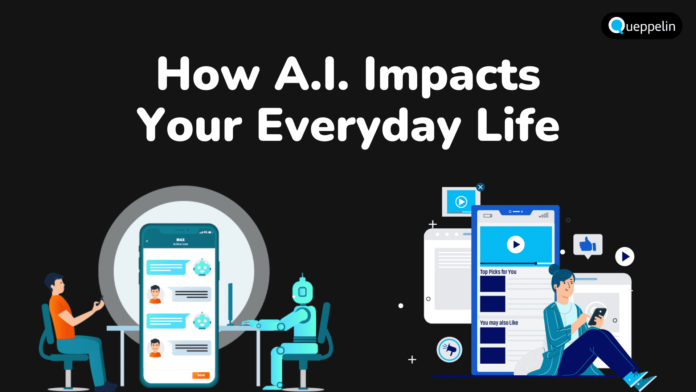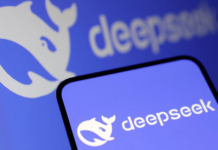Why is AI likely to be your best friend in the future?
Global headlines are dominated by this topic. Everyone is discussing and voicing their opinions about this “new” technology, including politicians, human rights advocates, engineers, psychologists, and CEOs of large, international IT businesses.
AI has been here for a while now.
Let’s be explicit. AI has been a part of our lives for a while now, helping and supporting us in many ways. Have you noticed that a drop-down menu offering possible results appears anytime you begin typing text into the Google search box? Nine times out of ten, one of those choices is the topic you’re looking for. These are integrated into the app and go by different names, including virtual, digital, and smart assistants.
Siri and Alexa arrived.
The initial iteration of Siri was released in 2003, and by 2011, it had been included in the iPhone. In 2014, Google Assistant and Alexa, the digital assistants from Amazon, were introduced. These are some of the most well-known and widely used instances of artificial intelligence, or AI, as it is currently known.
What is AI?
John McCarthy, known as the “father of artificial intelligence,” first used the term in the 1950s. Artificial intelligence, or AI, is built to function on its own. Through the use of deep learning or machine learning, it can perform better. AI solves issues by combining datasets and computer science.
The Impact of AI on Our Daily Lives
AI is most frequently used in conjunction with cell phones. Smartphones with GPS navigation systems that can find locations, optimize routes, and provide real-time traffic data are now more efficient thanks to artificial intelligence. We use AI to make calls, schedule appointments, set alarms and reminders, and make payments.
We utilize AI, which powers search engines, on a daily basis. Although search engines have existed since the 1990s, artificial intelligence’s ability to scour the entire internet has significantly improved search results. It provides you with the most relevant information by tailoring the results according to your search history.

The majority of us now routinely shop online and utilize apps that let us order food, transfer money, conduct real-time discussions, and perform financial operations. AI is the main mechanism and plays a critical part in all of these tasks and activities.
To suggest products, artificial intelligence technology scans the internet. Response and assistance times are remarkably fast. AI-powered learning systems assess your taste in music and provide tailored playlists.
Healthcare already benefits greatly from AI. It is assisting with medication discovery, tailored treatment, and quicker, better diagnostics. AI is currently being used in cardiovascular, diabetic, and cancer screening.
Artificial intelligence is bringing personalization to homes through the control of appliances, lighting, music, watering plants, news, and weather updates. With the use of smart locks and security cameras, it can protect homes and notify homeowners who are away from home.
AI is important.
AI is frequently associated with terrifying, global-dominating science fiction robots. But it has come to ease and simplify our daily activities and labour; it has enhanced our quality of life and made things simpler and more effective.
Conclusion
In conclusion, artificial intelligence has a promising future. We must continue to consider the effects of this technology as society adopts it and seek to resolve the issues that arise as it develops. By doing this, we can make sure that artificial intelligence (AI) plays a beneficial role in the world, enhancing our quality of life and building a brighter future for future generations.






